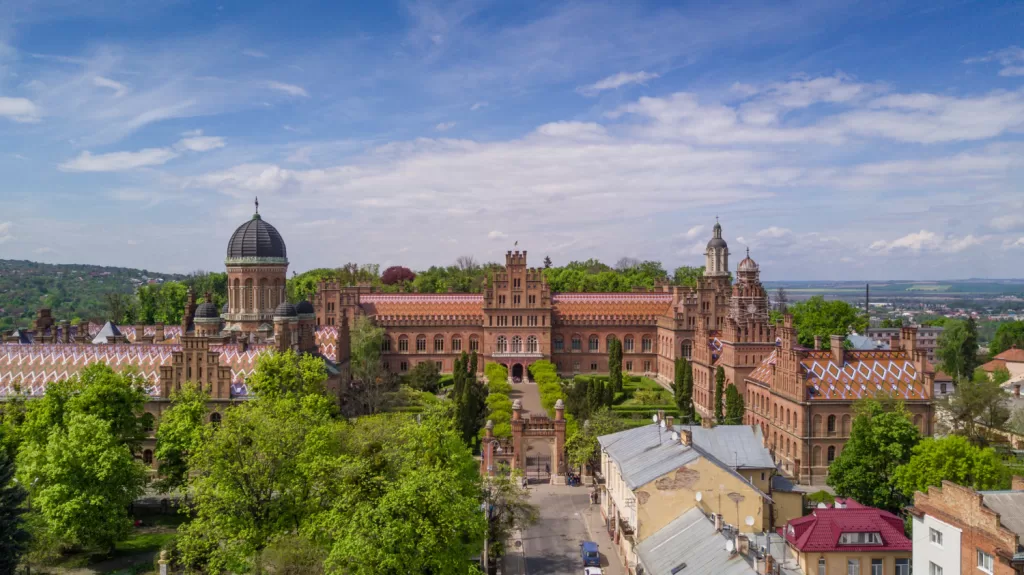– Post-Study Work Opportunities:
– Third Level Graduate Scheme: This scheme allows non-EU graduates to stay in Ireland for up to 24 months after completing their studies to seek employment. MBA graduates can use this time to gain work experience and explore job opportunities.
– Critical Skills Employment Permit: If you secure a job in a high-demand field (e.g., IT, engineering, healthcare, or business), you may be eligible for this permit, which offers a pathway to long-term residency.
– Strong Job Market:
– Ireland is home to the European headquarters of many multinational companies, such as Google, Facebook, Apple, Microsoft, Pfizer, and Intel. These companies often seek MBA graduates for roles in management, consulting, marketing, and operations.
– The Irish economy is robust, with a strong focus on industries like technology, pharmaceuticals, finance, and consulting, which are ideal for MBA graduates.
– Networking Opportunities:
– Irish universities often have strong ties with industry leaders and offer career services, networking events, and job fairs to help students connect with potential employers.
– MBA programs in Ireland typically include internships or industry projects, which can help students build professional networks and gain practical experience.
– Skills in Demand:
– MBA graduates with skills in strategic management, data analysis, marketing, finance, and leadership are highly sought after in Ireland.
– Fluency in English and a global perspective (gained through an international MBA program) are additional advantages in the Irish job market.
– Support from Universities:
Irish universities provide extensive career support services, including:
– Resume and interview preparation.
– Job placement assistance.
– Access to alumni networks.
Universities like Trinity College Dublin, University College Dublin (UCD), and Dublin City University (DCU) have strong reputations and connections with employers.
– Visa and Immigration Policies:
– Ireland’s immigration policies are relatively favorable for international students. After completing your MBA, you can apply for the Third Level Graduate Scheme to stay and work for up to two years.
– If you secure a job offer, you can transition to a General Employment Permit or Critical Skills Employment Permit, which can eventually lead to long-term residency.
– Challenges to Consider:
– Competition: The jobs in Ireland after MBA can be competitive, so it’s important to stand out with strong academic performance, relevant work experience, and networking.
– Work Visa Requirements: While the process is straightforward, you will need to meet specific criteria for work permits, such as securing a job offer with a minimum salary threshold.
– Success Stories: Many Indian MBA graduates in Ireland have successfully secured roles in top companies, both in Ireland and globally. The combination of an internationally recognized MBA degree and work experience in Ireland can open doors to global career opportunities.







